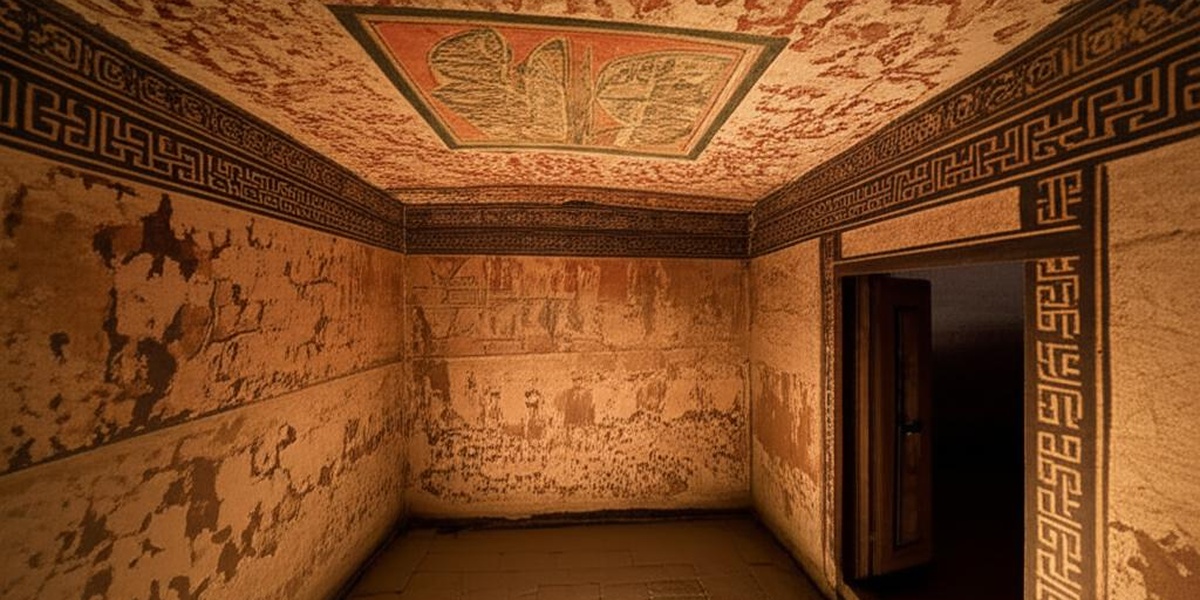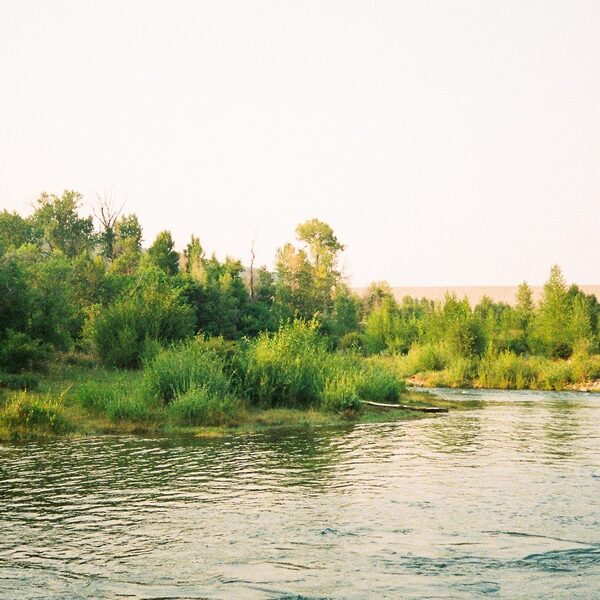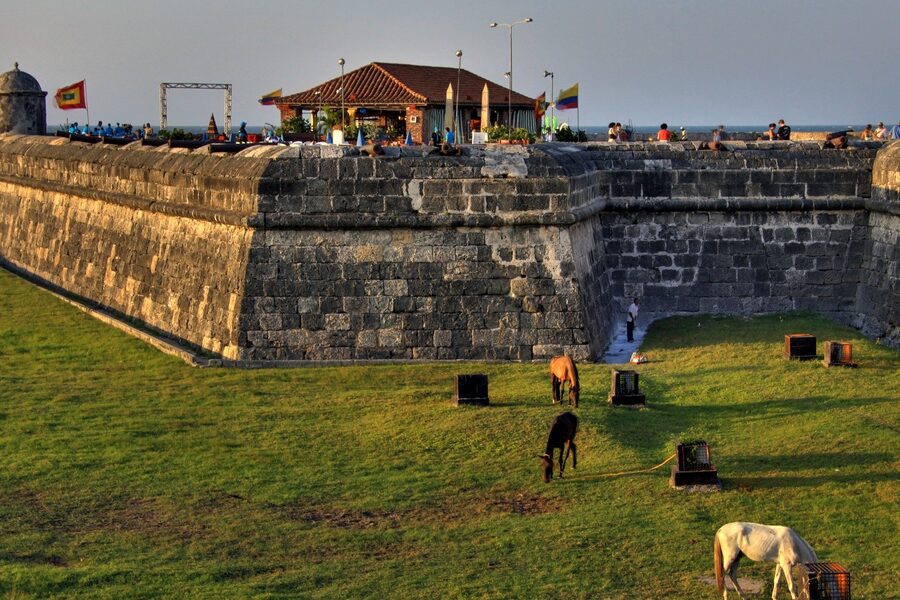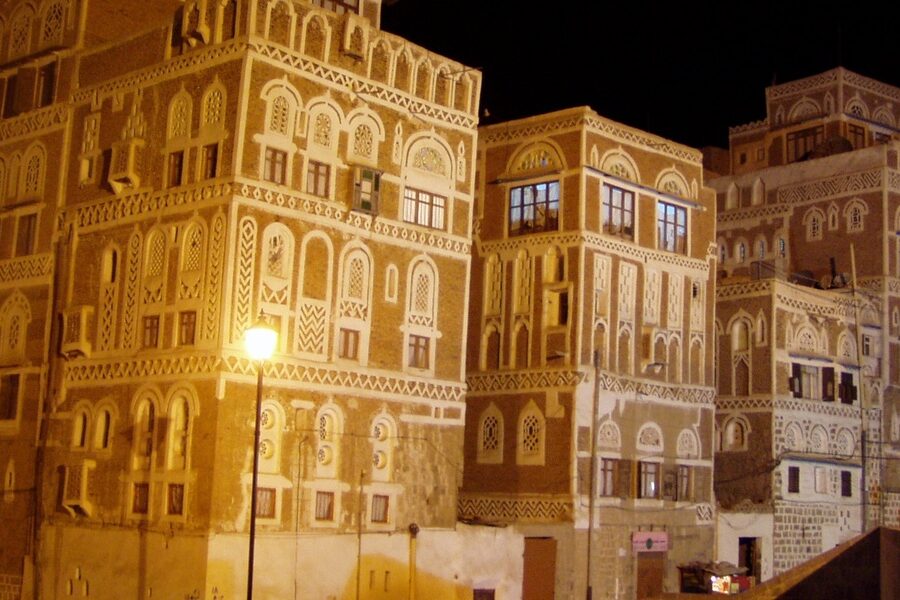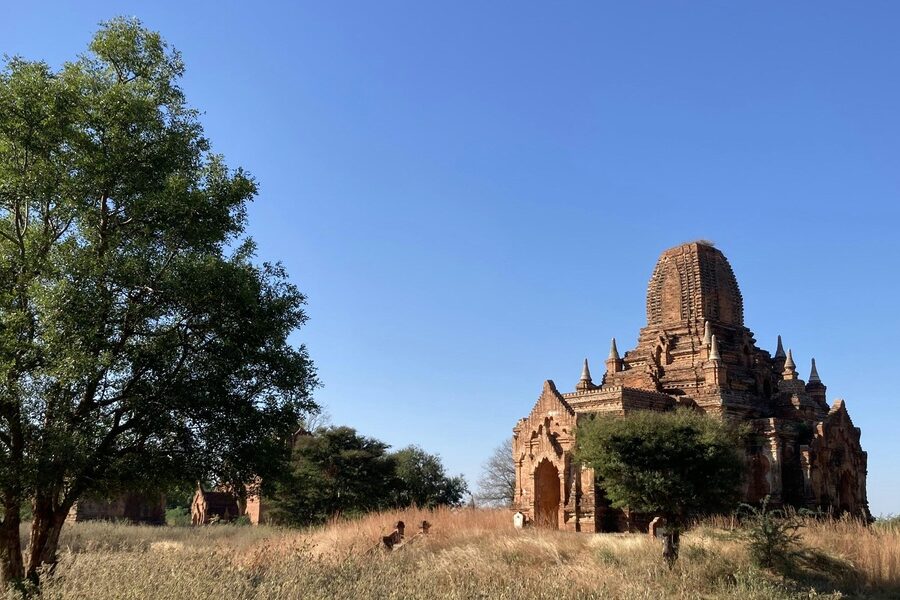North Korea’s cultural landscape preserves layers of ancient kingdoms, medieval capitals and burial sites that tell portions of Northeast Asia’s long history. Much of this heritage survives in concentrated places that reflect different eras and functions, from royal tombs to urban monuments.
There are 2 World Heritage Sites in North Korea, ranging from Complex of Koguryo Tombs to Historic Monuments and Sites in Kaesong. For each site I list the key details — Location, Area (ha), Inscription year — which you’ll find below.
Can international visitors see these sites in person?
Yes, but access varies: some sites are open to organized tours while others require permissions or are viewable only from specific areas. Check current travel advisories and tour operators that include cultural visits to confirm access, opening hours and any required guides.
What makes these two sites UNESCO-listed?
Each site represents distinct historical value: the Koguryo tombs preserve ancient wall paintings and burial practices linked to a major kingdom, while the Kaesong monuments illustrate the political and cultural heart of a later era. UNESCO inscription recognizes their outstanding cultural and historical significance.
World Heritage Sites in North Korea
| Name | Location | Area (ha) | Inscription year |
|---|---|---|---|
| Complex of Koguryo Tombs | Pyongyang and Namp’o, 39.015,125.760 | 1,185 | 2004 |
| Historic Monuments and Sites in Kaesong | Kaesong, North Hwanghae Province, 37.972,126.554 | 1,814 | 2013 |
Images and Descriptions
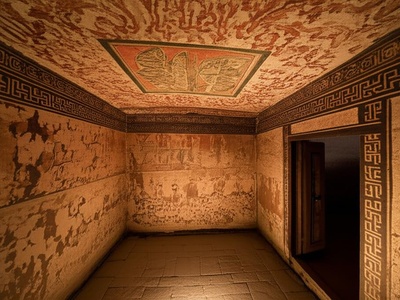
Complex of Koguryo Tombs
Ancient burial complex of the Koguryo kingdom spanning multiple tomb groups in Pyongyang and Namp’o, noted for wall paintings and funerary architecture. Inscribed for outstanding cultural value; access is limited and conservation prioritizes preservation and controlled tourism.
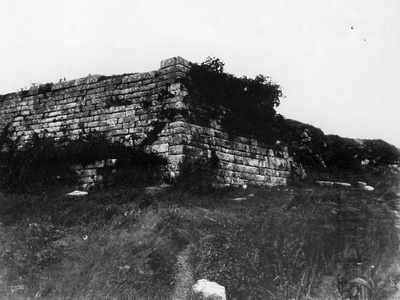
Historic Monuments and Sites in Kaesong
Collection of palaces, educational institutions, tombs and city walls from the late Koryo and early Joseon periods in Kaesong. Inscribed for cultural heritage significance; visitors may access sites under regulations while ongoing preservation and protection measures limit intrusive tourism.

